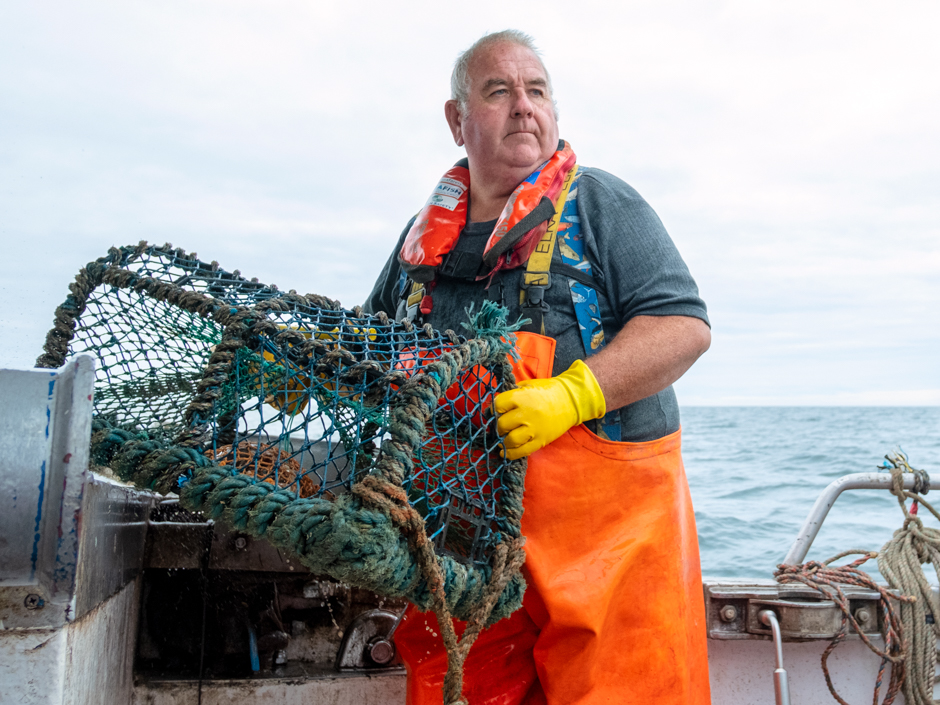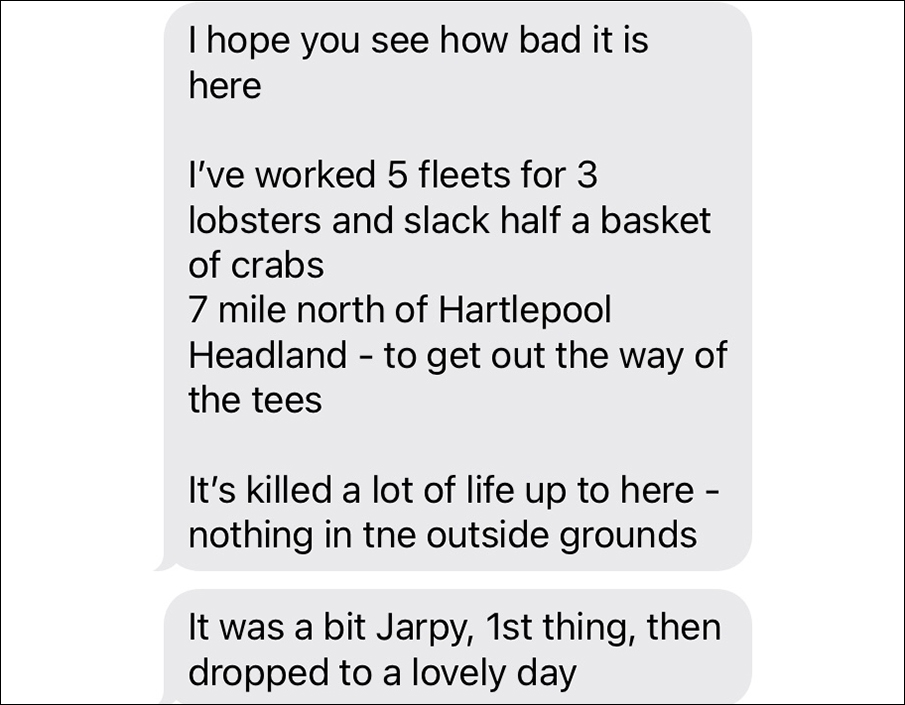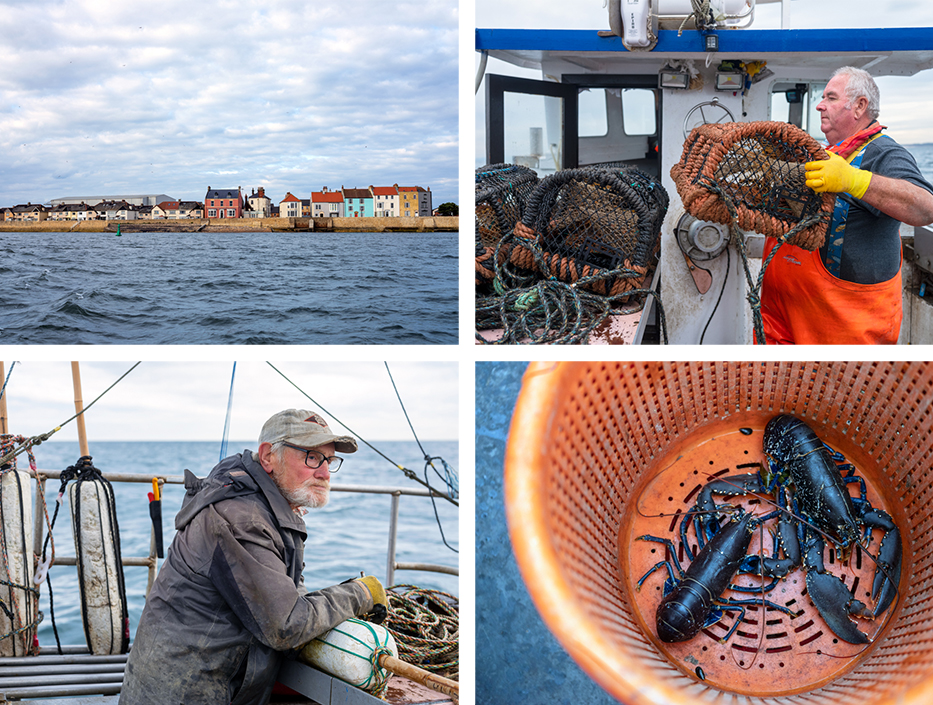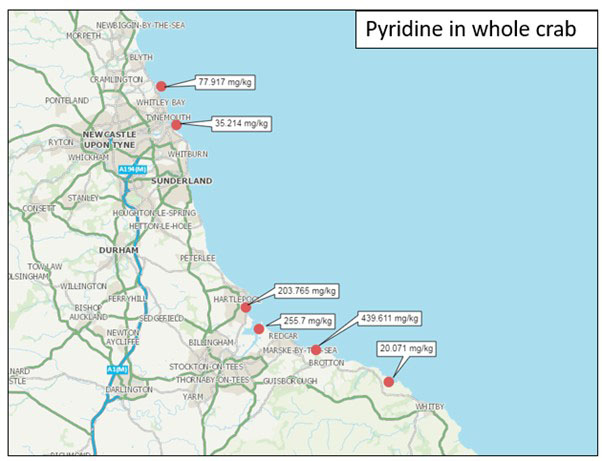It all started with crabs – Part 2: Trust eroded (November to December 2021)
By Tessa Bunney on 19 April 2023As the sun starts to warm the earth and beckon in Spring 2023, it’s a shock to think back to October / November 2021 and a time when many people who have been affected by the mass die off of sea creatures on the North East coast were less cynical about authority. I certainly was, and as I can only speak for myself, here’s what I think. In October / November 2021 I was still operating under the belief system taught to me by my parents 40 years ago; that the Government had our backs, and as much as they might have made a mess of a lot of things, covid restrictions, Brexit, regulation of the financial sector, the NHS, the education system, environmental protection laws, (actually that list is pretty long) I still believed they had the interests of the public, and the planet at heart. But fast forward to April 2023 and I no longer believe that to be the case, because the events of the last 18 months have eroded my trust in authority, deeply, and persistently, like the unblocking of a storm-drain that has scoured away ancient beds of sand and stones until all that is left is rock. And that rock is my cynicism. Cold and uncompromising, and in this I do not think I am alone, because back in October / November 2021 most Teessiders trusted that the agencies representing the Government (CEFAS, NEIFCA, the MMO, the EA) would launch a pro-active, transparent investigation into what had caused the die-off. And trust is everything right? A fundamental building block of human existence, and when trust is eroded everything good falls apart.
It’s fair to say in the first months following the die-off the investigation didn’t set off any alarm bells. The Environment Agency collected water and sediment samples, along with carcasses of crabs and lobsters from the die off zone, and although avenues of investigation seemed to be moving slowly no-one really expected anything different. Government Agencies are not known for speed, or efficiency (except the DVLA who as a side point are in my opinion more efficient than Amazon and should be in charge of every Government department!) We know how much the Government has slashed department budgets, and at the same time we are aware that the sea is a vast, complicated, and largely mysterious entity. So back in November 2021 people still had enough trust in Government agencies and scientists to exercise patience while tests were undertaken and conclusions were drawn.
But as winter progressed, and the consequences of whatever had happened in the Tees Estuary spread relentlessly southwards, reducing healthy lobster and crab catch rates within 5 miles of shore to almost nothing and devastating the livelihoods of fishermen from Redcar to Whitby, an apparent capacity issue at the Environment Agency led to the investigation being taken over by DEFRA. And for many people this is where the first seeds of cynicism took root. Because DEFRA had a very different attitude to engaging with the public, many of us who were deeply invested in the story by now. There was a real sense of local disbelief and anger as DEFRA pulled down shutters that the Environment Agency had left open, shrouding themselves in authoritarian secrecy, and this behaviour began to carve out the foundations of a divide between community and authority, filled with frustration and anger. And rightly so. Many people care deeply about what happened because we love where we live. This stretch of coastline is more than just our home. It lights our hearts up every time we set foot on the beach, and every time we see the sun rise over the North Sea. It’s part of us. We are its custodians. And that matters.
But DEFRA weren’t interested in listening to the public, or hearing what fishermen thought, and they began to display a marked enthusiasm to look in any direction except one which might suggest dredging as a cause for the die-off, along with closing down previous avenues of communication. And the longer this continued, the more the situation took on a life of its own and turned into something else. An awakening of sorts; an uprising borne from frustration and righteous outrage, so much so that in early December a group of nine North East commercial fishing and angling associations came together to form the North East Fishing Collective.
 Stan Rennie, Hartlepool fisherman and member of NEFC
Stan Rennie, Hartlepool fisherman and member of NEFC
 Text from Stan, 13 September 2022
Text from Stan, 13 September 2022
 At sea with Stan and Keno, September 2022
At sea with Stan and Keno, September 2022
NEFC had a small amount of funding, which they used to commission an independent marine pollution consultant Tim Deere-Jones to carry out an independent investigation.
Tim Deere-Jones was familiar with the area, having written a report of post-industrial toxic sediment in the Tees in 2007, but surprisingly rather than DEFRA willingly sharing the data collected by the Environment Agency during their investigation, Tim Deere-Jones was required to submit Freedom of Information requests to gain access to it. By the end of January 2022 the report was complete, and Tim had found something shocking. There were extremely high levels of a chemical called Pyridine recorded in the crabs impacted by the extinction event, registered Pyridine levels hitting 439.611mg/kg – a figure that is an eye-watering 7,000% higher than crabs sampled in Penzance during the same period.

Pyridine is a chemical used in marine paint to repel barnacles and algae and was produced for many years on the North bank of the Tees by a company called Vertellus, a factory which was being mothballed in the months leading up to the dredging work undertaken by the UKD Orca in October 2021. Pyridine is also a by-product of many manufacturing processes which have been based along the Tees since the 1850’s, and Tim Deere-Jones concluded that dredging was the most likely cause, and had disturbed chemicals, particularly Pyridine, which had led to the mass mortalities.
On 31st January, compelled by their ongoing commitment to act transparently and decently, the North East Fishing Collective shared its Independent report with DEFRA and gave them until the 4th February to respond, believing the discoveries in Tim Deere-Jones’s report would prompt DEFRA to carry out further sampling. This decision however was one they came to regret, as on 3rd February with no further communication with the North East Fishing Collective, DEFRA made a decision to release their own report to the press, in which they suggested an algal bloom was the most likely cause of the mass extinction event.
Documents since released to openDemocracy from February 2022 by the UK Health Security Agency (UKHSA) show that the Environment Agency was aware of the high level of Pyridine in the dead crabs, but “relevant agencies” were scrambling to issue a “rebuttal” to the independent report following pressure from ministers seeking to shift the blame away from dredging activities.
This action by DEFRA was a declaration of war. Wholly unexpected, and wholly unnecessary, and it prompted only one question.
Why were they behaving like this?
Helen Taylor